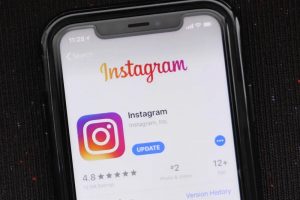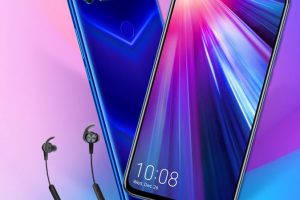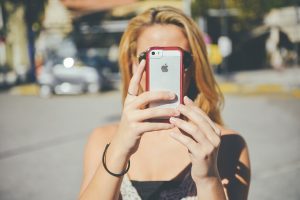In this day and age, possessing a smartphone is the norm rather than the exception. Technology, one way or the other, guides everything we do. Your iPhone can reveal many of your secrets to strangers without your knowledge. Charging your iPhone on a laptop can show your photos, correspondence, financial account details, etc. You can protect yourself in several ways, which means your iPhone cannot use some of its features. You must decide what is essential, your iPhone features, or your data.
Use a Strong Password In Place of A Four Digit Code
An efficient technique for data protection is to use a strong password in place of a four-digit code to unlock your phone. Use a combination of digits, symbols, and letters for the password. The best way is to have the phone request the password after the lock screen. As an additional precaution, turn on the ‘erase data’ feature. This ensures the device erases everything on its memory after ten wrong passcode attempts. This technique wipes data for good, so you must ensure you always remember the password. This technique helps a lot if your iPhone falls into the wrong hands.
Turn off any lock screen notifications
Even the most reliable password cannot prevent your data from appearing on the lock screen. Emails, messages, etc. contain sensitive information such as financial data, confirmation codes, and other private information. Change your iPhone settings to show less information on the lock screen and keep your data safe.
Turn on the two-step verification for iCloud and Apple ID
Two locks are better than one, and the two-step-verification is critical. When setting up two-step verification, you must register one or more devices that you trust. These devices will be the ones to receive the four-digit authentication codes via Find My iPhone service or SMS.
Every time you log in to your Apple ID, log in to the iCloud or Make an iBooks purchase from a different device, you must verify your ID by entering both password and the verification code. This verification process ensures unauthorized persons do not enter into your Apple account.
Disable Siri When Your Screen is Locked
Siri is a fantastic iPhone personal assistant, but can easily give away your personal information. You do not have to turn it off. It is safer if you prevent it from activating on voice command or a lock screen. Siri communicates with anyone who enables it. Deactivating it ensures no one can extract your data via Siri.
Turn Off iCloud Automatic Sync
The other day, many photos from Apple’s iCloud servers leaked, and many celebrities were affected. They had assumed that deleting the pictures from their phone memories was enough. It turns out that after the images synced to the cloud, they stayed there permanently. Unless you turn the automatic sync off, everything from photos, documents, text messages, etc. sync automatically.
Get a VPN
A Virtual Private Network is a great tool to have, which adds extra security for iPhone Users in various wireless networks. Some VPN services are free, but not trustworthy as they sell your data to third parties. Downloading a VPN on your phone will not cost you much and is worth every penny.
With a single subscription, you can use it on multiple devices, such as your home router, laptop, tablet, etc. The app masks your IP address hides your location, and, most importantly, encrypts your data, ensuring hackers cannot intercept your data in transit.
Get Rid of Automatic Wi-Fi Connections to Networks
iPhones have an excellent feature that allows you to connect to networks you have connected to before. This is both useful and harmful. On the one hand, you do not have to switch from mobile data to Wi-Fi. The harm in this is that a hacker might set up a fake network with the same SSID with the legit one. Your iPhone will automatically log in to the fake Wi-Fi, and give away your data to the hacker. Turn this option off to stay on the safe side.
Disable Apps Not in Use
Most apps require you to give full access to all your data, and this is quite risky, especially for unused apps. The apps can access messages, contacts, GPs, and more. These may sound extreme, but you can rest assured that these large multinationals like Facebook or Google will not trace your whereabouts or know what you are doing.
Conclusion
Your iPhone holds most, if not all, of your personal information. iOS is not prone to viruses, but it is not impossible. Since there is no protection from ISP spying and interception of traffic, make sure you follow this advice to secure your devices.
















